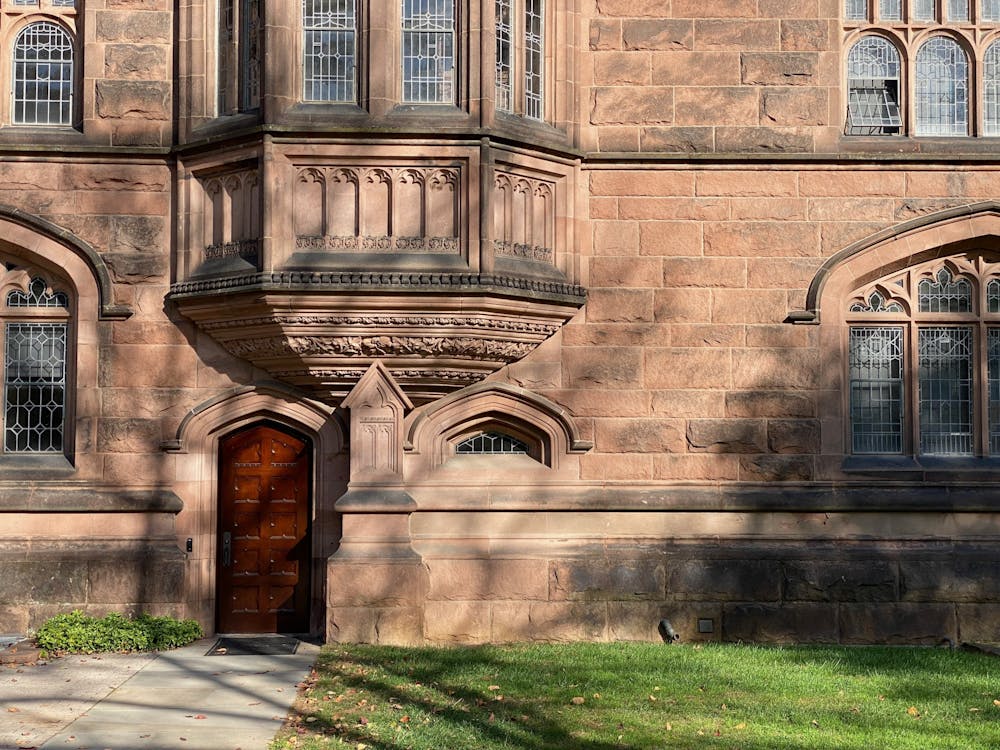The following is a guest contribution and reflects the author’s views alone. For information on how to submit to the Opinion Section, click here.
Columnist Abigail Rabieh ‘25 recently shared her perspective on the principle of “institutional neutrality,” which she calls the “missing piece to the free speech puzzle.” Though she is wrong to suggest that I and other campus free speech advocates have neglected the institutional neutrality angle of the free speech issue (see here, here, here, here, here, here, etc.) she does call attention to serious questions about when and how the University should “speak” in its official capacity.
Rabieh is correct to urge our University’s adoption of the Kalven principles of institutional neutrality. However, she is hopelessly mistaken in her attempt to separate the Kalven Report from the “truth-seeking argument” she claims I emphasize too much. What Rabieh misses is that the Kalven principles — and all sound principles of academic life — are correct precisely because they further our truth-seeking mission. Let me explain.
We are a community defined by our truth-seeking commitment. Thus, the very first words of Rights, Rules, and Responsibilities, our governing document: “The central purposes of a university are the pursuit of truth, the discovery of new knowledge … and the transmission of knowledge and learning to society at large.” If our University’s truth-seeking mission were supplanted by any other goal or priority — such as athletic excellence or simply training a generation of “social justice” advocates — our University would be different in kind from the institution it is and aspires to be. Every principle governing academic life is sound (at least as a principle of academic life) if it serves our truth-seeking common good.
For example, our free speech policy is appropriate because it provides for the conditions necessary for the discovery and dissemination of truth. Policies bearing on non-academic aspects of our common life are sound if they further some worthwhile goal without doing harm to our ultimate good — which is, again, truth seeking. For example, sexual harassment policies, while seemingly unrelated to scholarship, are sound if and when they work to promote safety (a pursuit-worthy good in itself, and a condition which allows truth seeking to occur).
An institutional neutrality policy can only be justified if it properly serves our truth-seeking commitment. And justified it is. By prohibiting the institution from placing its king-sized thumb on the scales of debate or suggesting parameters around the scope of “worthwhile” discourse, the Kalven principles offer the hope of a freer and more invigorated intellectual environment — a key component of truth-seeking.
To be sure, the neutrality principle is not without limitation; it would be impossible for any university to remain truly neutral on all matters of public controversy. The University either will or will not pay for abortion services for its female students; it either will or will not consider race in admissions. And there are, as the Kalven Report has recognized, “exceptional circumstances” when it is necessary for universities to take a stand — circumstances in which the University’s very truth-seeking mission falls under threat.
In sum, all commitments and policies bearing on uniquely academic life are to be judged in relation to truth-seeking. All of them. So you can see why Rabieh’s assertion that “it is a mistake for free speech advocates to solely explain campus [free speech] controversies in relation to truth-seeking” baffled me.

Now, I should say a word about Rabieh’s criticism of my address to the Class of 2026, the purpose of which was twofold. First, I explained why our University’s truth-seeking mission necessitates our commitment to our robust free speech policy. Second, I identified a further requirement of truth-seeking by admonishing students to promote a culture in which dissent is cherished. I posed a challenge to students, not the administration — which is reasonable given that the speech was delivered at first-year orientation. So it does not make sense to say, as Rabieh says, that I “failed” to mention this or that institutional demand during my ten-minute address. I did not “fail” to mention institutional neutrality any more than I “failed” to mention other institutional threats to truth-seeking, such as decaying standards for grading in the humanities or our University’s deplorable, McCarthyesque treatment of Joshua Katz.
Rabieh and I agree that institutional neutrality is a “piece in the free speech puzzle.” Granted, it’s a piece not yet locked in place. But it is neither “missing” nor ignored by those of us who have been calling attention to it for quite some time. Institutional neutrality serves as a practical aid to our age-old truth-seeking mission. Princetonians who remain faithful to that mission should ponder, and embrace, the principles Rabieh and I have sought to defend.
Myles McKnight is a senior studying politics. He is the president of the Princeton Open Campus Coalition. He can be reached at mylesm@princeton.edu.









